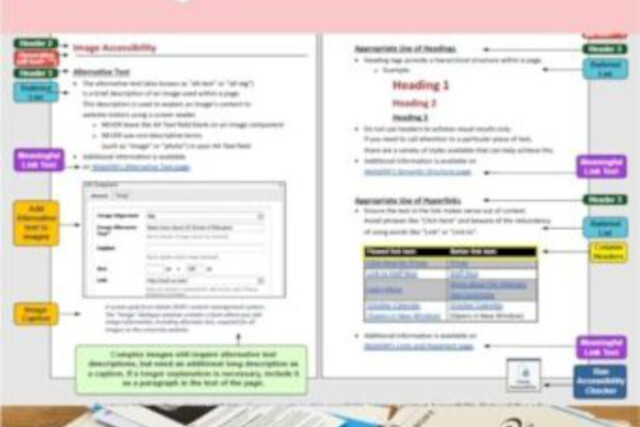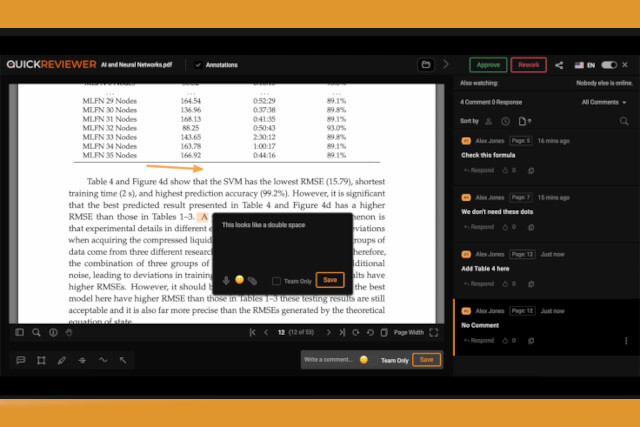Smarter Workflows. Faster Publishing.
We provide automation and AI-powered publishing solutions for books and journals, academic and trade publishers to automate typesetting, speed up production, automate file conversion, and ensure accuracy across every step of the publishing workflow.
AI-Powered Solutions for Books & Journals
Book and journal publishers face constant pressure to produce high-quality content, reduce costs, and deliver across multiple formats and platforms—without slowing down. Traditional workflows often involve repetitive formatting, manual XML tagging, and time-intensive editorial checks. From manuscript to market, we help publishers adopt automation and AI solutions to eliminate bottlenecks while improving consistency and discoverability.

Automated Typesetting
AI-driven typesetting automatically converts manuscripts into beautifully formatted layouts for books and journals. Whether it’s complex academic structures like equations, references, and tables, or trade publishing with unique design requirements, automation ensures speed, consistency, and reduced production costs.

eBook Conversion at Scale
Convert content into EPUB (reflowable or fixed), Web PDFs, MOBI, or HTML in minutes. AI ensures formatting integrity across platforms like Kindle, Apple Books, and other distribution channels, helping publishers reach readers everywhere.

XML Conversion (JATS & BITS)
AI automatically extracts keywords, abstracts, and ONIX metadata from manuscripts and journal articles. This improves discoverability, SEO, and indexing—helping books and journals reach a wider audience in digital libraries, marketplaces, and academic databases.

Metadata Tagging & Enrichment
AI automatically extracts keywords, abstracts, and ONIX metadata from manuscripts and journal articles. This improves discoverability, SEO, and indexing—helping books and journals reach a wider audience in digital libraries, marketplaces, and academic databases.

AI-Powered Editorial Review
Reduce editorial workload by automating quality checks. AI enforces style guides, grammar, reference formatting, and consistency while flagging potential improvements. Editors focus on high-value tasks like storytelling, academic rigor, and peer review oversight.

Proofing & Collaboration
With our integrated review and approval platform QuickReviewer, publishers can streamline proofing for manuscripts, cover designs, journal articles, and even audiobooks. Distributed teams can review, comment, and sign off in real-time, cutting approval cycles dramatically.

Journal Article Workflows
Automate journal-specific processes including submission intake, peer review preparation, XML conversion (JATS compliant), and metadata tagging. AI reduces time-to-publish for research articles while ensuring compliance with scholarly repositories and aggregators.

Omnichannel Publishing
From one source file, XML bundled with AI, enables instant publishing to print-ready PDFs, eBooks (fixed and reflow ePUB), web formats, SCROM and LMS platforms content. This ensures content is delivered seamlessly across formats without additional rework.

Word to JATS and BITS compliant XML
Publishers often receive manuscripts in MS Word—packed with inconsistencies, irregular formatting, and complex elements such as tables, references, equations, or figures. Converting these files into structured XML that aligns with JATS (for journals) or BITS (for books) DTDs is tedious. Traditional manual conversion is slow, expensive, and prone to errors that ripple across editorial and production workflows.
Our AI-driven conversion automatically classifies and structures manuscript content—identifying headings, paragraphs, references, footnotes, tables, images, and MathML equations—without manual tagging. The system learns from publishing standards and custom rules, producing clean, compliant XML that integrates seamlessly into downstream workflows such as InDesign layouts, ePub generation, and LMS integration.
Redefining Publishing with AI
Automation and AI-powered solutions don’t replace people—they empower them.

Faster Turnaround
Reduce production cycles from weeks to days.

Scalability
Handle large volumes of books and journal issues effortlessly.

Cost Efficiency
Cut manual formatting, tagging, and conversion costs.

Accuracy
Eliminate human errors in XML, metadata, and formatting.

Discoverability
Boost indexing, SEO, and metadata-driven sales.

Future-Proofing
Reduce production cycles from weeks to days.
The Next Chapter in Publishing
Automate repetitive, error-prone tasks, publishers can focus on editorial quality, innovation, and expanding readership.